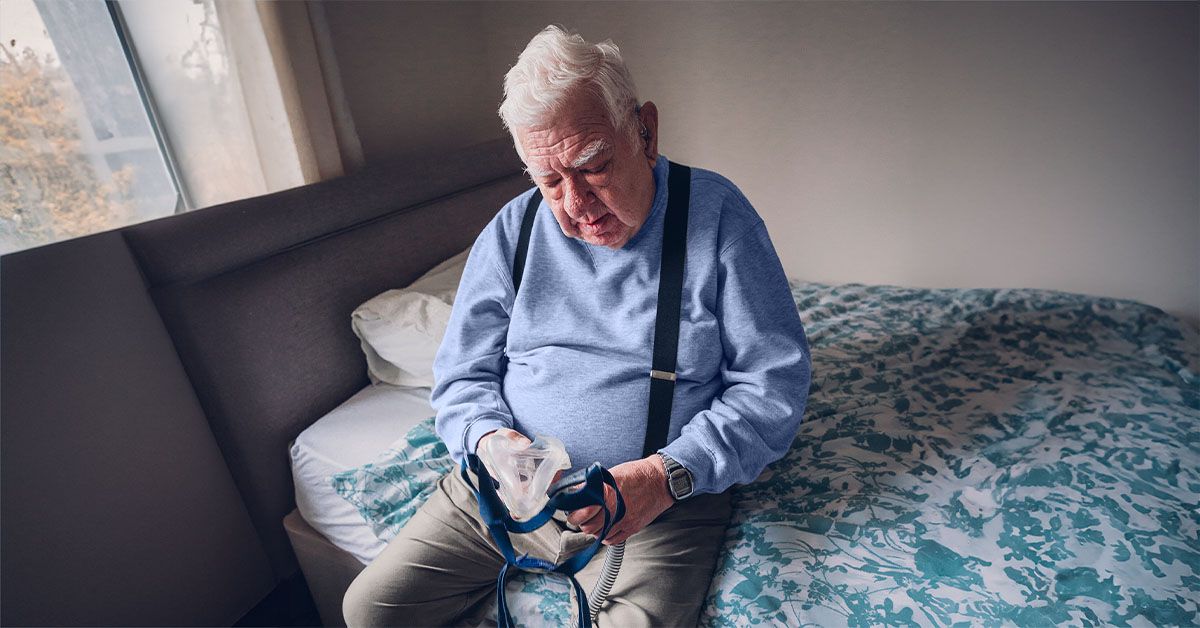Obstructive sleep apnea (OSA) affects approximately 936 million adults worldwide and has been found to increase the risk for various neurological conditions, including Alzheimer’s disease. Researchers from the University of California, Irvine conducted a study that revealed sleep apnea severity during the REM stage of sleep negatively impacts verbal memory, especially in older adults at risk for Alzheimer’s. The study, published in Alzheimer’s Research & Therapy, focused on verbal memory because it is particularly vulnerable to Alzheimer’s disease and is one of the earliest forms of memory to be affected by the disease.
The study recruited 81 adults with an average age of around 62, with 70% having a parental history of Alzheimer’s disease. Participants underwent verbal memory assessments and polysomnography, a diagnostic tool for sleep disorders. The researchers found that sleep apnea events during REM sleep had a negative impact on verbal memory, especially in individuals with a genetic predisposition to or parental history of Alzheimer’s disease. The findings suggest that oxygen deprivation during REM sleep, when the brain’s metabolic demand is higher, may lead to brain damage and impact cognitive function.
According to Bryce A. Mander, PhD, the study’s co-corresponding author, these findings emphasize the importance of considering the brain state in which sleep apnea events occur, as they can have significant consequences, particularly in older adults at risk for Alzheimer’s. The study highlights the need to focus on specific aspects of sleep apnea to better understand its association with cognitive impairment and Alzheimer’s disease risk, and to tailor treatments accordingly. Dr. Mander believes that addressing these specific links is crucial for identifying why sleep apnea is relevant for dementia risk and how treatments can be modified to target the underlying mechanisms of this association.
Sleep medicine specialist Dr. Adrian Pristas praised the study for shedding light on the consequences of untreated sleep apnea and poor sleep on cognitive well-being. Dr. Pristas emphasized the importance of raising awareness about the impact of sleep disorders on overall health, especially cognitive health, and the need for effective identification and treatment of sleep apnea. Neurologist Dr. Clifford Segil found the study’s focus on the relationship between sleep apnea severity during REM sleep and verbal memory intriguing. However, he stressed the need for more research to understand the mechanisms behind these observations and the purpose of REM sleep.
Overall, this study provides valuable insights into the negative effects of sleep apnea on cognitive function, especially in older adults at risk for Alzheimer’s disease. By pinpointing the specific aspects of sleep apnea that impact cognitive health, researchers and healthcare providers can better tailor interventions to minimize the cognitive consequences of Alzheimer’s disease. Increasing awareness about the importance of sleep health and incorporating sleep testing into routine evaluations, especially for individuals with Alzheimer’s disease, can lead to significant improvements in population health.









